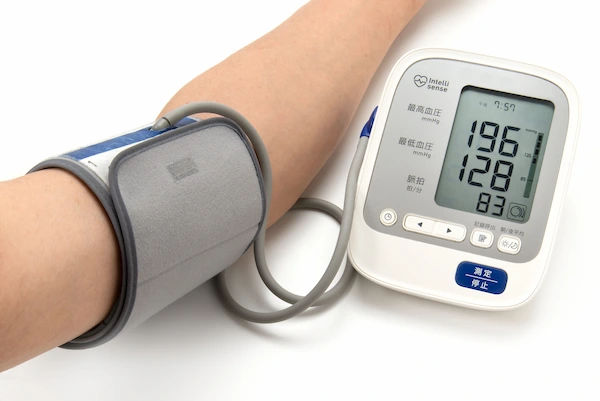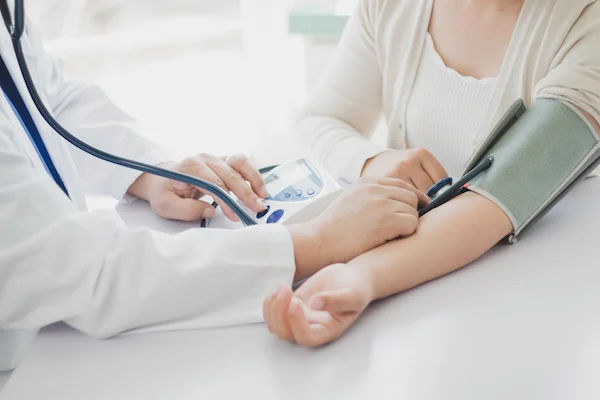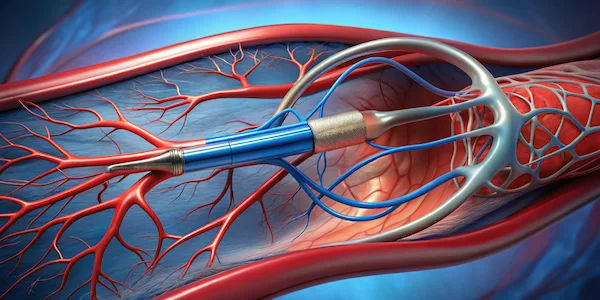- female
- 30 Years
- 07/02/2025
I've noticed that my heart rate is usually somewhere between 68 to 83 bpm during the day. But for the past week, it's been up between 90 and 118 bpm, and it doesn't drop below 85 even when I'm sitting for a while. When I'm asleep, it goes from 50 to 75 bpm. I started going to the gym for cardio and strength training about a month ago, hitting it 5 days a week. Nothing's really changed with my diet or work hours. Had my ECG, ECO, and BP checked and everything seemed normal. What could be causing this increase in my heart rate? Should I be worried about it?
Answered by 1 Apollo Doctors
Based on the information provided, the increase in your heart rate could be due to the increased physical activity from your gym routine. It is common for heart rate to be elevated during and after exercise, especially if you have recently started a new workout regimen that includes both cardio and strength training. To help regulate your heart rate, you can consider taking a beta-blocker medication such as Metoprolol. I recommend starting with a low dose of Metoprolol 25mg once daily, and you can adjust the dosage as needed based on your heart rate response. It is important to monitor your heart rate regularly and consult with your healthcare provider for further guidance on medication management. In addition to medication, make sure to stay hydrated, get an adequate amount of rest, and listen to your body during workouts. If you experience any concerning symptoms such as chest pain, dizziness, or shortness of breath, seek medical attention immediately.
Dr. Dhankecha Suggests...
Consult a Cardiologist
Answered 04/07/2025
0
0

More Cardiology Health Queries
View allWhat do you think it means when my ECG shows a T wave inversion and my echo test results are fine, but my TMT test comes back positive? These have been the results for the past ten years. Now I've also caught COVID-19 with a mild lung infection. Any advice?
based on your description of T wave inversion in ECG, a positive TMT test for the past 10 years, and mild COVID-19 infection in the lungs, it suggests that you may have a long-standing cardiac issue. The T wave inversion in ECG can indicate heart muscle ischemia or other cardiac problems. Since your TMT test has been positive for the past 10 years, it indicates that there is a likelihood of coronary artery disease or heart-related issues. In this case, it is important to continue monitoring your heart health closely. You may consider taking medications such as Aspirin and Atorvastatin to reduce the risk of heart complications. Additionally, for your mild COVID-19 infection, it is crucial to follow the prescribed treatment plan, rest, stay hydrated, and monitor your symptoms closely. Please consult your healthcare provider for a thorough evaluation and personalized treatment plan.
Answered by 1 Apollo Doctors
What does a heart blockage feel like?
Warning sings of heart blockage are chest pain(may not always in the chest, it could be in the shoulder,arm,jaw) palpitations, dizziness, nausea, shortness of breathe.
Answered by 1 Apollo Doctors
I'm really worried because I was just sitting and out of nowhere, I felt a shock in my chest. My legs suddenly went cold, and I started vomiting something that tasted like acid. I have all my reports with me. Does this sound like something serious?
Sudden sensations of a shock in the heart, cold legs, and vomiting acid are concerning symptoms that should be promptly evaluated by a healthcare provider. While your recent 2D echo, TMT, and chest X-ray are normal, the acute nature of these symptoms, especially the feeling of a heart shock and cold legs, could indicate a serious condition such as a cardiac event or a severe gastrointestinal issue like a stomach acid reflux or esophageal spasm. It is crucial to seek immediate medical attention to rule out any potentially serious conditions. Your healthcare provider may recommend additional diagnostic tests, such as an electrocardiogram (ECG) if not already done, blood tests, or an upper gastrointestinal endoscopy to determine the cause of your symptoms.
Answered by 1 Apollo Doctors
Disclaimer: Answers on Apollo 247 are not intended to replace your doctor advice. Always seek help of a professional doctor in case of an medical emergency or ailment.





